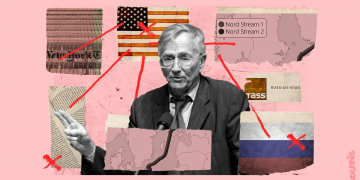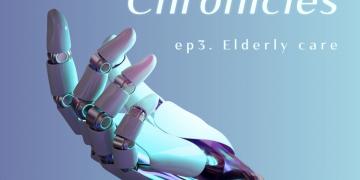Check our wiki on this topic
BookTube
Wiki
BookTube is a community on YouTube that focuses primarily on creating content, specifically videos, around the subject of literature and book-related subjects.
Mediatization
Wiki
Mediatization can be described as the dependency between media communication and sociocultural change, in which the media are becoming increasingly powerful (Hepp, 2013).
Podcasts
Wiki
A podcast is an episodic audio program or digital file series that can be downloaded on a personal mobile device or computer.
Data void
Wiki
Data voids are engine queries that turn up little to no results.
Online-offline nexus
Wiki
The online-offline nexus is a description of social reality in the post-digital age. We live our social lives increasingly at the intersection of online and offline forces.
Data double
Wiki
A data double is a data-generated profile of an individual based on aggregated online surveillance.
Superdiversity
Wiki
Superdiversity (also written as super-diversity) refers to two major changes occurring across the world after the end of the Cold War: (a) new patterns of migration causing demographc changes, and (b) the emerging internet and its generalized spread, influencing all aspects of social, cultural and economic life.





